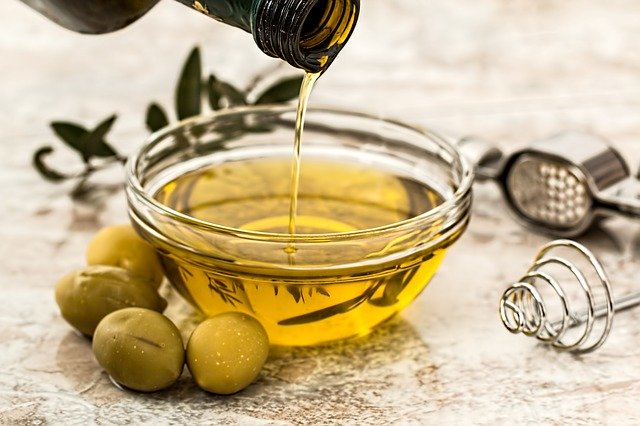
Olive oil may help lower the risk of heart disease, according to preliminary research that also showed it was beneficial as a substitute for butter or mayonnaise.
“Previous studies have linked high consumption of olive oil with better cardiovascular health, particularly in Mediterranean countries where olive oil intake is much higher than in the United States,” lead study author Marta Guasch-Ferre said in a news release.
“Our aim was to investigate whether higher olive oil consumption was beneficial to heart health in the U.S. population,” said Guasch-Ferre, a research scientist in the department of nutrition at Harvard T.H. Chan School of Public Health in Boston.
The study, presented Thursday at the American Heart Association’s Epidemiology and Prevention/Lifestyle and Cardiometabolic Health Scientific Sessions, examined 63,867 women and 35,512 men from 1990 to 2014.
All participants were free of cancer, heart disease and other chronic diseases at the start of the study. Every four years, they answered questionnaires about their diet and lifestyle.
Researchers found those who ate more than half a tablespoon of olive oil each day had a 15% lower risk of having any kind of cardiovascular disease and a 21% lower risk of coronary heart disease.
Replacing one teaspoon of butter, margarine, mayonnaise or dairy fat with the same amount of olive oil lowered the risk of cardiovascular disease by 5% and coronary heart disease by 7%.
However, consuming more olive oil didn’t impact stroke risk.
Although olive oil proved to be healthier than butter and margarine, it did not present more benefits than other plant oils like corn, canola, safflower and soybean.
“One interesting thing our study shows is that although olive oil was better than most animal fats and margarine, it was not superior to vegetable oils in this study population,” Guasch-Ferre said.
“This means that replacing any type of animal fat with vegetable oils, including olive oil but also others, could be a good strategy to improve cardiovascular health.”
Researchers noted many margarines contained substantial amounts of trans fatty acids when the study began in 1990, so the results may not apply to vegetable margarines now available.
The findings were observational, which means they don’t prove cause-and-effect. However, small intervention studies have found replacing animal fats with olive oil has a beneficial effect on fat levels in the blood.
“Future research is needed to investigate the mechanisms behind this association as well as the effects of other vegetable oils on heart health,” Guasch-Ferre said.
The results provide further reason to incorporate more plant-based foods into our daily diets, said nutrition expert Penny Kris-Etherton.
“Using vegetable oils in cooking and in salads makes good sense,” Kris-Etherton said in a news release.
She is a distinguished professor of nutrition at Pennsylvania State University and chair of the AHA’s Lifestyle and Cardiometabolic Health Council.
“Research has overwhelmingly found that diets that are rich in plant-based foods, including healthier vegetable oils such as olive, safflower, corn and many others, can significantly benefit heart health,” she said.



